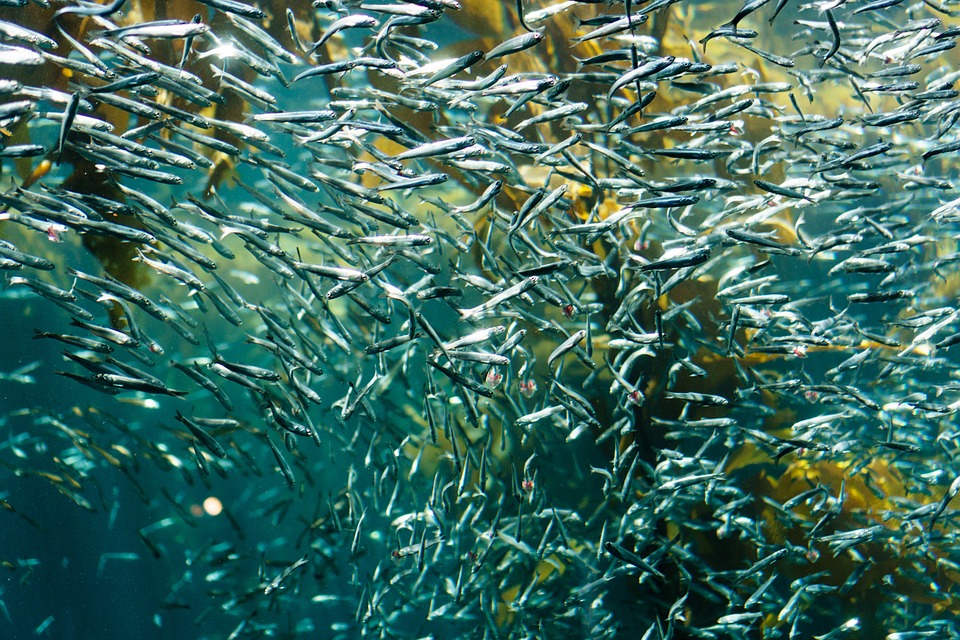In a recent discovery by a Japanese research team, an invasive species of genetically modified ornamental fish has been found in natural waters within Shiga Prefecture, located in western Japan. This marks the first time such a species has been identified in this region, raising concerns about the potential impact on native fish populations.
The genetically modified fish, known as „blue medaka,“ are a type of Japanese rice fish that have been artificially bred to exhibit a striking blue hue. These fish are considered a „third type of invasive species,“ alongside foreign and domestic invasive species, and pose a significant threat to the genetic integrity of native fish populations.
The joint research group from Lake Biwa Museum and the Ryukoku University Center for Biodiversity Science is urging the public not to release ornamental rice fish into natural water bodies. With the increasing popularity of Japanese rice fish as ornamental pets, there have been several instances of genetically modified varieties being released into natural waters across Japan.
The research group collected three blue medaka from a pond in Otsu, the prefectural capital of Shiga, in July 2023. Additionally, they found a separate specimen with a more broadly shining blue hue on the shores of Lake Biwa in April of this year. The discovery of these fish in natural waters is particularly concerning as it indicates that ornamental medaka are spreading throughout Shiga Prefecture.
Seigo Kawase, a curator at Lake Biwa Museum, highlighted the potential consequences of these genetically modified fish interbreeding with native species. He noted that while the blue medaka may be more visible and susceptible to predation in natural waters, the irreversible genetic impact of cross-breeding with native fish is a significant concern.
Kawase emphasized the importance of responsible pet ownership and urged enthusiasts not to release ornamental fish into natural water bodies. He stressed that releasing these fish, even with good intentions, can have detrimental effects on the local ecosystem. Given the relatively short lifespan of medaka, which is typically one to two years, he encouraged individuals to take responsibility for their pets and ensure their proper care until the end of their lives.
The discovery of genetically modified ornamental fish in natural waters within Shiga Prefecture serves as a stark reminder of the potential consequences of releasing non-native species into the wild. It underscores the importance of responsible pet ownership and the need to prevent the spread of invasive species that can disrupt local ecosystems.





